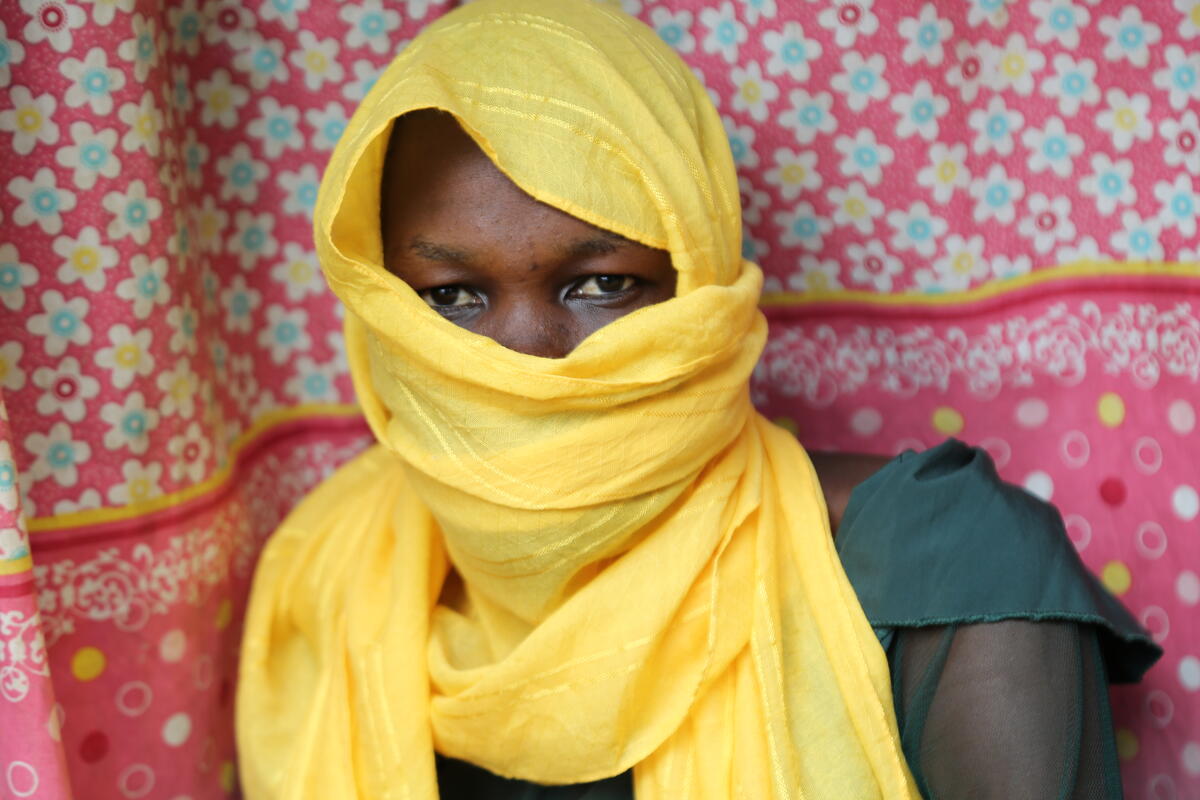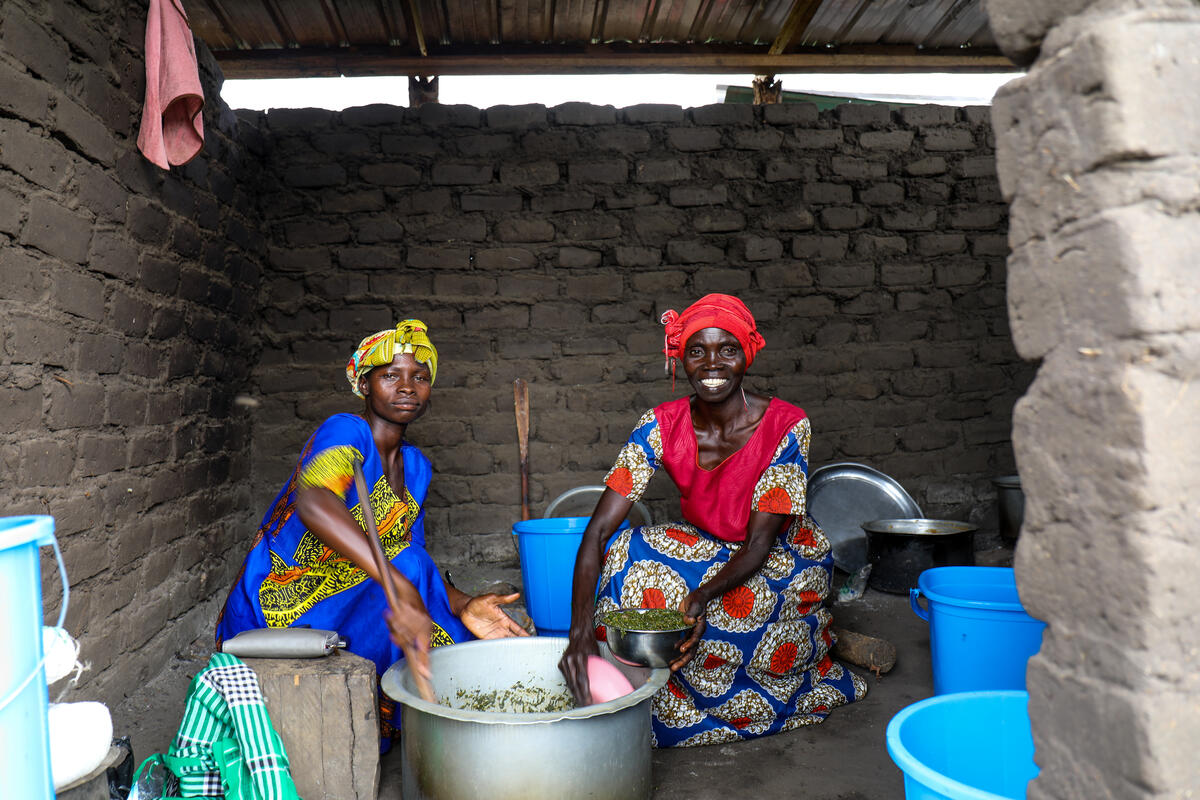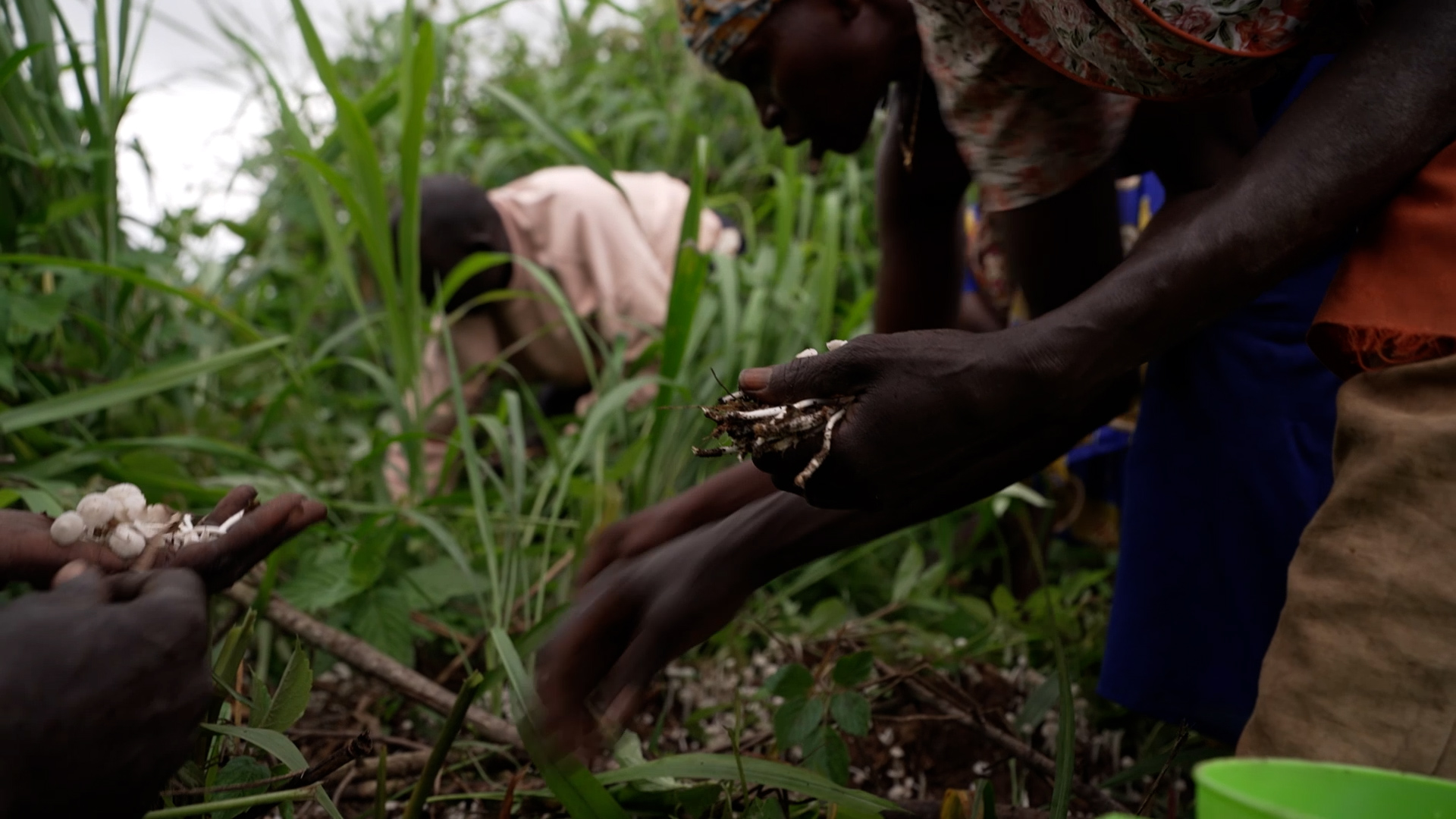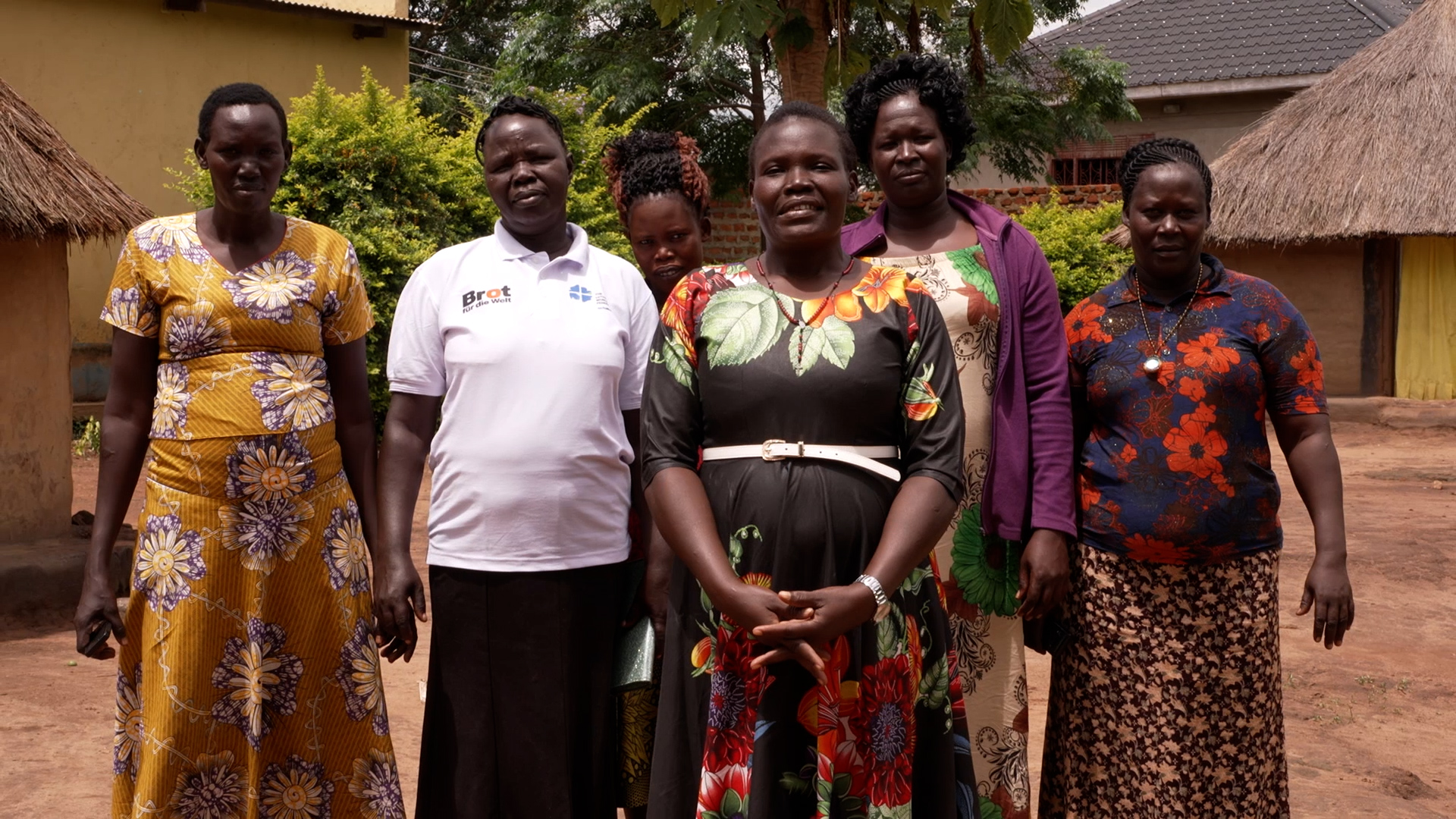Funding shortfall leaves South Sudanese refugees at risk
Three months after she was raped by armed men while fleeing violence in South Sudan, Vicky* realized that she was pregnant. Even now, in the safety of Kyaka refugee settlement in Uganda, the memories are raw.
“When I think about that horrible day when I was raped and badly beaten, I wished to commit suicide,” says the 22-year-old, cradling her 11-month-old baby with her left arm. “I wish I had died that day, but my son keeps me alive.”
In her right hand, Vicky clutches something else that gives her hope: an English dictionary.
“This dictionary is my bible,” she says. “When I want to shun the bad thoughts, I read through it and try to learn new words. I hope one day I will be able to restart my education.”
Vicky is one of over 2.2 million South Sudanese refugees who have sought safety in six neighbouring countries – Sudan, Ethiopia, Kenya, Uganda, Democratic Republic of the Congo and Central African Republic – since the onset of civil war five years ago. Another 1.9 million remain internally displaced inside South Sudan. Now, amidst severe underfunding, many are suffering.
Funding has struggled to keep pace with needs.
UNHCR, the UN Refugee Agency, together with UN and NGO partners have launched an appeal for US$2.7 billion to address the life-saving humanitarian needs of South Sudanese refugees in 2019 and 2020.
“We cannot afford to ignore the tremendous needs of these refugee families who have been forced to flee the situation in South Sudan,” said Arnauld Akodjenou, UNHCR’s Special Advisor to the High Commissioner and Regional Refugee Coordinator for the South Sudan situation. “There is enormous potential that can be realized if donors can support the countries that have generously opened their borders and provide all partners in the humanitarian response with the necessary means to respond.”
“It is our duty to support them to live a dignified and fulfilling life,” he added.
In 2018, UNHCR and its partners received just 38 percent of the required US$1.4 billion requested to support South Sudanese refugees. Education, health and food supplies are all severely underfunded, exacting a heavy toll on women and children, who account for 83 percent of the refugees.
“The food and nutrition needs of South Sudanese refugees are very real,” said Allison Oman Lawi, the World Food Programme’s Senior Regional Nutrition and Protection Advisor, who joined Akodjenou on Tuesday at an event in Nairobi announcing the South Sudan Regional Response Plan for 2019–2020.
Many mothers have reported that their children were abducted, or their husbands killed, as they fled. Underfunding compromises the effort to combat sexual and gender-based violence and give people like Vicky the support they need.

Education is also one of the acute concerns. Schools lack enough teachers, classrooms are overcrowded and textbooks are in short supply, leaving half of South Sudan’s refugee children out of school.
In Khartoum, Sudan, 55-year-old South Sudanese refugee Jacob* has taken the task of educating the next generation of South Sudanese children into his own hands.
“There are no schools for refugee children here, and parents cannot afford to send their children to the only nearby host community school,” he says.
Jacob and four other teachers from South Sudan lead classes at a small church that serves as a school for refugee children in the area. Classes take place every day except on Sundays, when worshipers gather for prayers.
“Together we are investing in these children and their future,” says Jacob. “They have already lost their present and there is no point for them to lose their future as well.”

The South Sudan situation is Africa’s largest refugee crisis. Children are worst affected, having in many cases been exposed to extreme violence and trauma, including the death of one or both parents. Many have become primary caregivers to younger siblings. Their future is at stake.
“South Sudan is at a turning point but now is not the time to relax,” said Marco Rotelli, Regional Representative for Africa for the International Council of Voluntary Agencies (ICVA). There are signs of donor fatigue, but this situation requires all of our support.”
* Names have been changed for protection reasons.
Additional reporting by Duniya Aslam Khan in Kyaka refugee settlement in Uganda and Mohamed Elfatih in Khartoum, Sudan.










